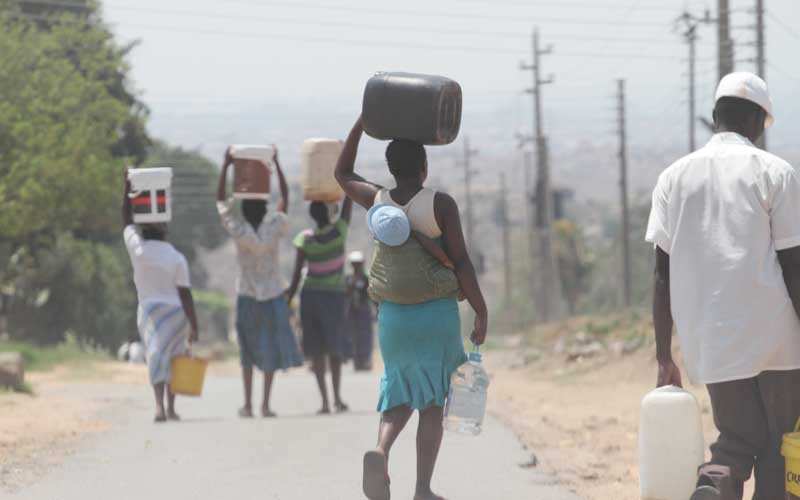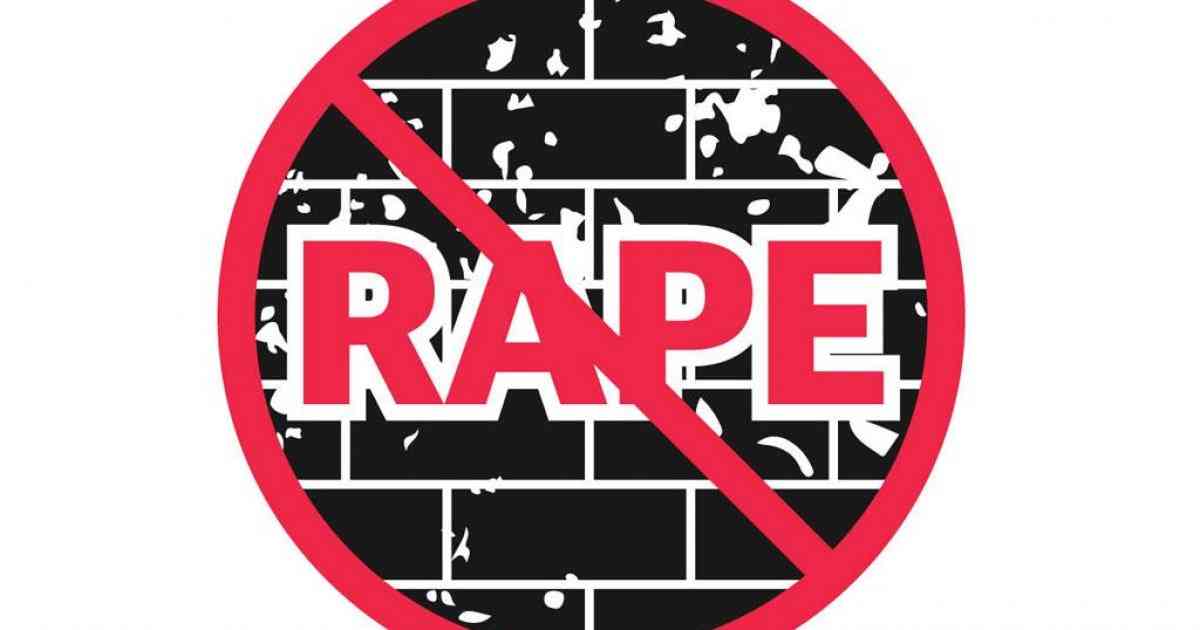
MATOBO district has been hard hit by water shortages after available sources dried up with the worst affected areas being ward 13 and surrounding places.
Villagers, teachers and pupils at Polimagama primary school are reportedly walking very long distances to fetch water for domestic use.
A number of cattle in the district have also died of thirst.
This was revealed in the latest Matobo Community newsletter report by Matobo by the Youth Development Initiative (MYDI) detailing various developmental and challenges in the district.
In the report Matobo Rural District Council (RDC) chief executive officer, Elvis Sibanda, called for a permanent solution to the water challenges in the worst affected areas.
Sibanda said this during the commissioning of a new classroom block which was built using devolution funds at the school.
The Matobo RDC procured furniture for the school.
“One of the challenges we have in this school is water,” the report reads.
- Hesitancy slows Covid vaccination for children
- Hesitancy slows Covid vaccination for children
- Multisectoral COVID-19 messaging campaign improving prevention and vaccine uptake in Zimbabwe
- Cultivate demand for Covid-19 vaccines
Keep Reading
“Even the village around here has a hard time when it comes to water, and it is a priority for us.”
MYDI expressed concern over the enduring water challenges in the face of a cholera outbreak that has spread across the country.
A situational report from the Health and Child Care ministry shows that the country had recorded a total of 24 525 suspected cholera curses and 457 suspected deaths as of Wednesday.
Sibanda said resources were needed to construct a 6km pipeline from one of the two sand dams constructed by Dabane Trust in Mbabule River.
Dabane Trust, an organisation that focuses mainly on water supply programmes, said there is a need to employ other strategies of harvesting water since the sand dams have not matured.
"The sand dams, completed in 2023, need a minimum of three years to have a reliable supply of water for the community and the school,” reads the report.
“Water harvesting strategies like buying Jojo tanks to collect rainwater will help to temporarily solve the water crisis until a more permanent solution is discovered and adopted.”
Matobo district development coordinator Obey Chaputsira applauded Dabane Trust for its interventions in trying to address water, sanitation, and hygiene (WASH) issues at Polimagama Primary School and surrounding communities in Ward 23.
“As the government, we appreciate partners who collaborate with the government to achieve sustainable development,” said Chaputsira.
“Partners like Dabane Trust have contributed valuable data and insights to the broader development community, fostering a culture of continuous informed interventions.”
Chaputsira called on humanitarian agencies and other partners to also consider resettlement areas in their programming to alleviate water challenges faced by villagers.
“We need to continue engaging as partners and research more to identify innovative solutions and technologies that can improve water quality, sanitation, and hygiene practices in our community," he said.









